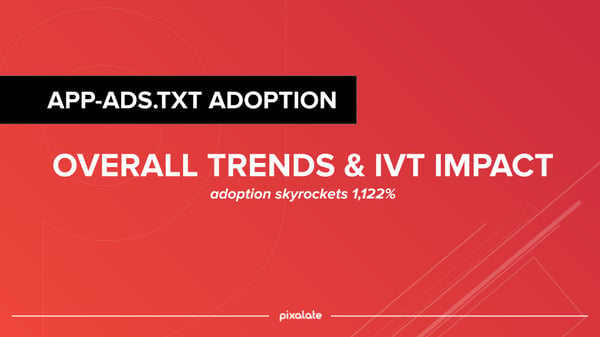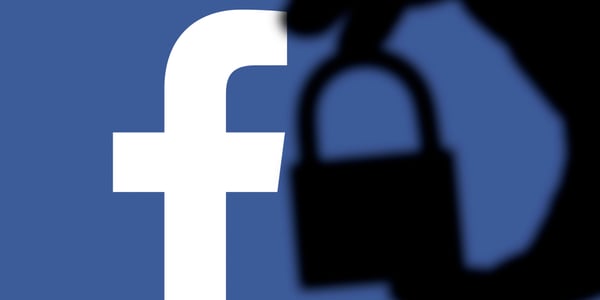This week's review of ad fraud and quality in the digital advertising space.
1. Pixalate releases Q3 2019 app-ads.txt report

Pixalate this week released the Q3 2019 App-ads.txt and Ads.txt Trends Report. The report features data and insights collected by Pixalate detailing the state of ads.txt adoption over the third quarter of 2019.
Q3 2019 App-ads.txt and Ads.txt report highlights:
- There was a 1,122% increase in app-ads.txt adoption in Q3 2019
- Over half of the top 1k programmatic apps have app-ads.txt
- There is 63% more IVT (invalid traffic) on apps without app-ads.txt
- Over 1 million domains now have ads.txt

2. US advertisers to spend almost $7 billion on CTV this year

"US advertisers will spend almost $7 billion this year on connected TV ads," reported eMarketer. "Connected TV is growing rapidly as advertisers look to target audiences watching long-form, premium digital content on their living room screens." As OTT/CTV ad budgets rise, advertisers need to be on the lookout for ad fraud in programmatic.
3. Twitter reveals policy for political ad ban

Starting November 22, political ads will not be allowed on Twitter. "Ads that reference political content, including solicitations for financial support and appeals for votes, are not allowed," reported AdExchanger, with a specific carve-out to allow "'Get out the vote'-style ads."
"Twitter defines political content broadly as anything that references a candidate, political party, elected official, appointed government official, a referendum, ballot measure, legislation, regulation, directive or judicial outcome," added AdExchanger.
4. New Facebook ad scam tricks users

"A devious new scam is sweeping Facebook," wrote Mashable. "Scammers find an interesting or popular product from crowdfunding sites such as Kickstarter or Indiegogo, rip the item’s details, photos, and videos, and push them via Facebook ads as their own products. Victims of the fraud are either never sent the product or receive a knockoff version."
5. How marketers are responding to the TikTok news

"[R]ecent headlines about a US government investigation into [TikTok's] Chinese parent company ByteDance regarding national security concerns have some marketers worrying," reported eMarketer. "An executive at a major advertising agency said that some clients have grown concerned about brand safety on TikTok," the article added.











